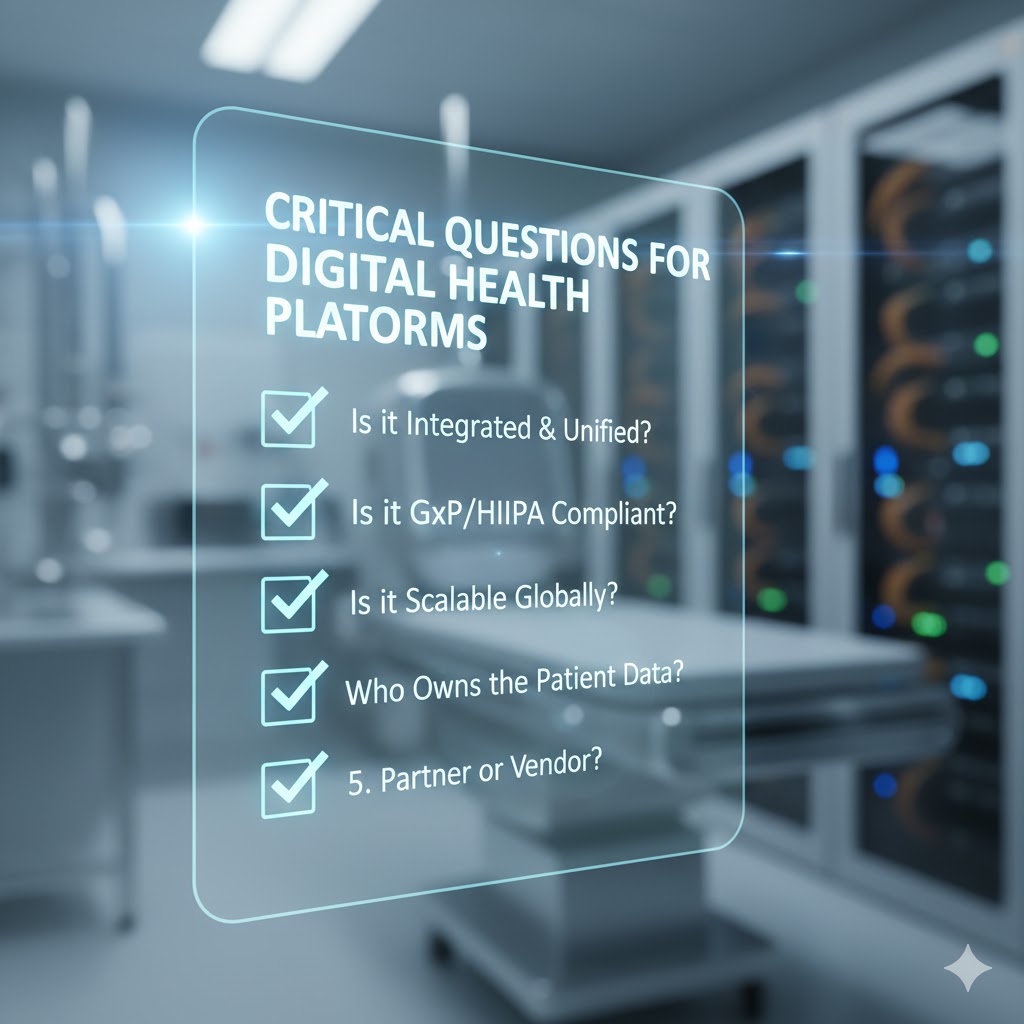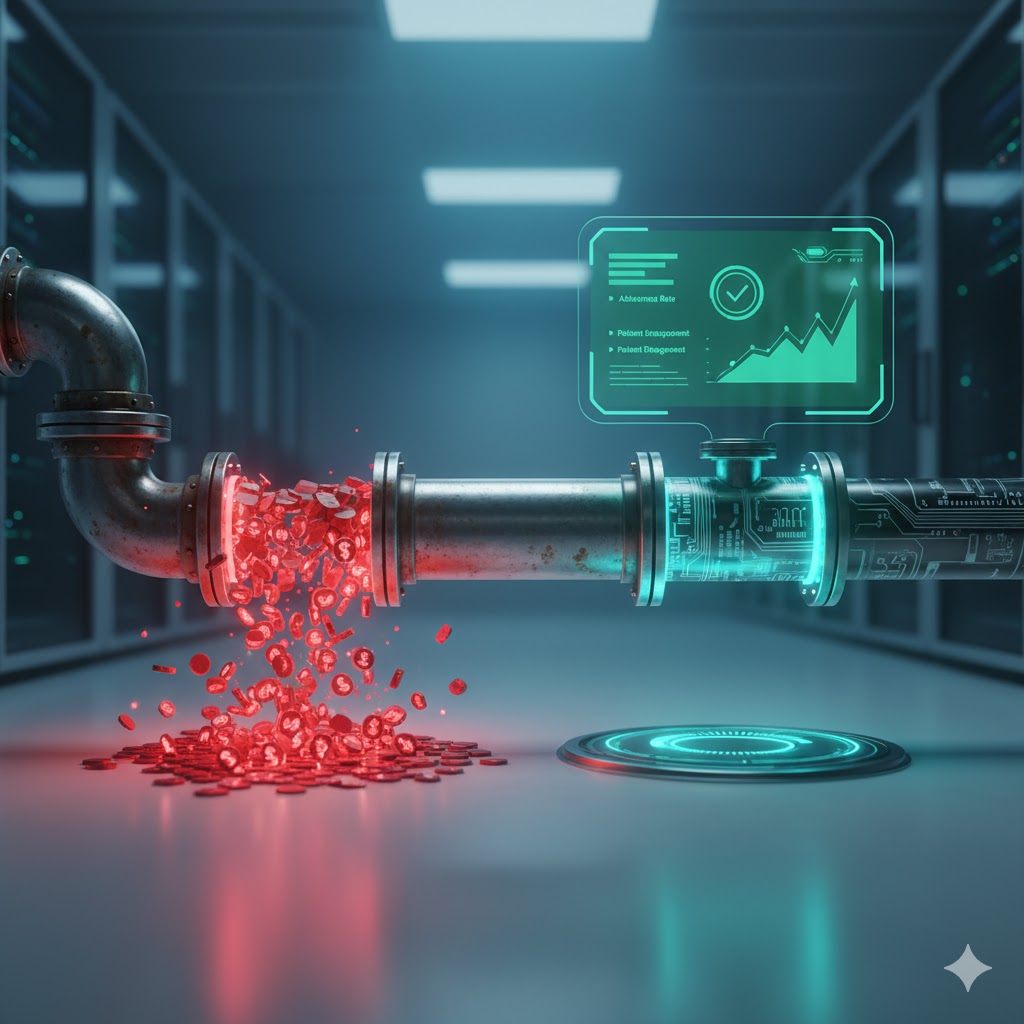From App to SaMD: Navigating the Compliance Maze for Digital Health in Rare Disease
In the biopharma industry, the term "digital health" is everywhere. The promise is captivating: engaging apps and platforms that can revolutionize the patient journey. In the rush to innovate, however, a critical distinction is often overlooked—one that carries significant risk for patients and companies alike. Not all digital tools are created equal.
Understanding the difference between a simple wellness app and a regulated Software as a Medical Device (SaMD) is the first step in navigating the compliance maze. For rare disease therapies, where patient vulnerability is high and data is incredibly sensitive, this distinction is everything.
The Great Divide: Wellness App vs. SaMD
On the surface, two apps might look similar, but their intended use and underlying technology place them in completely different regulatory worlds.
- A Wellness App: This is a low-risk tool intended for general health maintenance. Think of a simple pill reminder, a generic diet tracker, or a fitness app. It doesn't claim to diagnose, treat, or mitigate a specific disease. As such, it typically falls outside of strict FDA or other regulatory oversight.
- Software as a Medical Device (SaMD): This is software intended for a specific medical purpose. According to regulators like the FDA, if your app or platform collects patient data to help manage a disease, calculates a complex drug dosage, or uses an algorithm to inform clinical decisions, it is a medical device. Almost any meaningful digital health tool for a rare disease—from a symptom tracker to a patient-reported outcome tool—is a SaMD.
Attempting to launch a SaMD with the regulatory approach of a simple wellness app is a recipe for disaster.
The High Stakes of Non-Compliance in Rare Disease
Choosing a non-compliant or unregulated platform to power your digital health solution isn't just cutting corners; it's taking on enormous risk.
- Patient Safety: For patients with rare conditions, accurate data is crucial. A buggy app or a platform with poor data integrity could lead to incorrect dosing, missed adverse events, or flawed treatment decisions.
- Data Security: The data collected from rare disease patients is some of the most sensitive personal health information imaginable. A platform that is not fundamentally built to meet HIPAA and GDPR standards is a data breach waiting to happen, leading to massive fines and an irreparable loss of trust.
- Business & Regulatory Risk: The FDA and other global bodies do not take this lightly. Using a non-compliant platform can lead to warning letters, the rejection of your data for regulatory submissions, and severe damage to your company’s reputation.
The Mahalo Approach: Compliance by Design
At Mahalo Health, we believe that compliance can't be an afterthought; it must be the foundation. Our platform was purpose-built to navigate this complex regulatory environment for our biopharma partners.
We build our solutions on a GxP (Good Practice) framework, adhering to the same quality standards that govern drug manufacturing. This ensures the data collected is reliable, traceable, and fit for regulatory purposes. Our platform is fully HIPAA and GDPR compliant, ensuring that patient data security is never in question.
By partnering with Mahalo, you are not just getting an app; you are leveraging a regulated, SaMD-ready platform. We handle the complexity of compliance so you can focus on what you do best: bringing life-changing therapies to patients.
In the high-stakes world of rare disease, your choice of a digital health platform is a direct reflection of your commitment to patient safety and scientific rigor. Don't leave it to chance.
Explore how Mahalo’s regulated platform provides the secure foundation you need.





